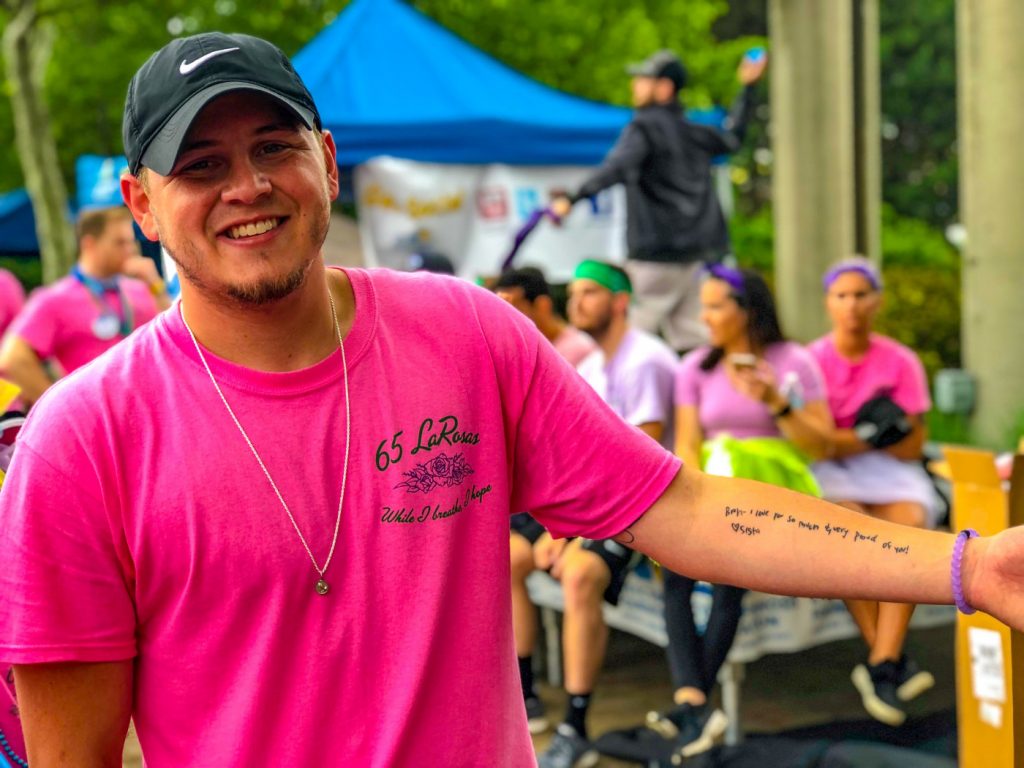The Bittersweet Downside of CFTR Modulators

I’ve been on Orkambi (lumacaftor/ivacaftor), a cystic fibrosis transmembrane conductance regulator (CFTR) modulator, for just over three years now. My lung function has remained stable during that time. CFTR modulators are medications that “fix” the defect that causes cystic fibrosis. “Fixing” the defect means improving CFTR function. A person without cystic fibrosis (CF) has at least 50 percent CFTR function. People with CF can have any percentage under that, and clinical severity is likely to be inversely related to CFTR function percentage. CF is a very complicated disease.
The existence of medications that can improve CFTR function gives me a reason to be hopeful. With Kalydeco (ivacaftor), Orkambi, Symdeko (tezacaftor/ivacaftor), and triple combination therapies in the pipeline, it’s reasonable to believe we may one day have medications that improve CFTR function to the point where chloride transport in our cells is normal. This would mean no clinical presentation of CF. Unfortunately, as adults, we would still have residual fibrosis or bronchiectasis, but the treatment could slow decline in those who begin it at a young age.
This leads me to why the existence of modulators is bittersweet.
I’m not shy about my struggles with anxiety and depression. I speak openly about the life expectancy of people with CF. One of my biggest goals is to transform the conversation around death. When I started Orkambi, I knew it had the potential to affect my future health, but I didn’t realize it would transform my mental health.
Living with a chronic, terminal disease means you exist on a contracted timescale. Sure, no one is certain of the future, but it’s different for people who suffer from chronic illness. While you may not entirely accept it, you come to understand that your health will fail. You appreciate each day and are thankful when you feel well.
Modulators give us a new, unprecedented element of hope. You start to feel better, you realize decline might not be imminent, you wonder if your future could be more secure. I even began to feel a bit, well, normal — not usually a word I like.
If Orkambi can significantly slow my decline, it’s not irrational to wonder if the next generation of modulators could stabilize it, and perhaps the generation after that could even reverse some of it. This hope should be a wonderful thing.
But compounding a physical disease like CF with paralyzing anxiety is a recipe for disaster.
If you’ve read my writings, you know I try to avoid living with bitterness in my heart. I have an unfortunate disease that happens to be due to a DNA mutation. When I zoom out and realize that this life is my only chance at existence, I sometimes feel angry that I don’t have a life free from constant worry. So, I admit I do feel bitter sometimes.
Yet Orkambi is a reason to be hopeful that one day I may have a normal existence, one free from the concern that one exacerbation will ruin my lungs. I hope that modulators will extend my life significantly.
I strive to be honest about my experiences. I understand that having CF has taught me many valuable lessons at a young age. It has given me an outlet for my creativity and career. For those reasons, I’m grateful. The balance becomes difficult when I try to be the person who learns from his experiences but doesn’t become so immersed in them that anxiety overwhelms. When I write about these experiences, I feel as though I’ve shed some of the mental burden, and hopefully, readers derive some benefits, too.
Some days, I feel an existential dread in which I have no interest in doing anything and think I never will be fulfilled. On other days, I’m hopeful and aspirational, dreaming of my contribution to make the world a better place.
I guess these conflicting emotions about Orkambi are beautifully human: They mimic the waves of life, whether or not we have a chronic disease. I think the key is knowing we’ll survive whatever comes our way.
Follow Tré at his humbly named website www.trelarosa.com.
***
Note: Cystic Fibrosis News Today is strictly a news and information website about the disease. It does not provide medical advice, diagnosis, or treatment. This content is not intended to be a substitute for professional medical advice, diagnosis, or treatment. Always seek the advice of your physician or other qualified health provider with any questions you may have regarding a medical condition. Never disregard professional medical advice or delay in seeking it because of something you have read on this website. The opinions expressed in this column are not those of Cystic Fibrosis News Today, or its parent company, Bionews Services, and are intended to spark discussion about issues pertaining to cystic fibrosis.









Leave a comment
Fill in the required fields to post. Your email address will not be published.